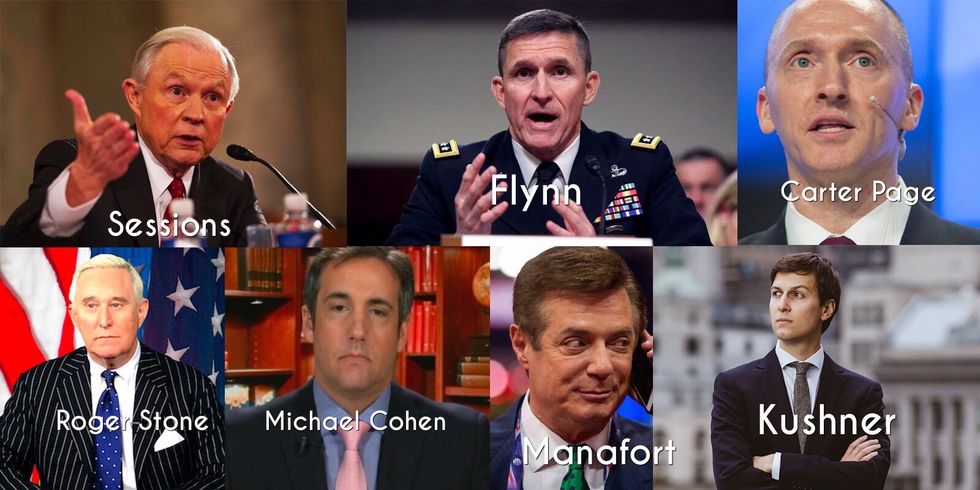Thought it might be good this morning, to leave Sessions behind for this two minute read, to remember how crazy Trump is and what motivates him even more, we may suspect, than money and power.
It's no secret that President Trump is obsessed with his own popularity, as measured by polls, ratings and Time magazine covers.
But last night [February 28, 2017] , the president revealed that this obsession goes even deeper than his constant tweets about poll numbers would suggest.
During his address to Congress on Tuesday night, Mr. Trump paid tribute to Senior Chief Petty Officer William (Ryan) Owens, a Navy SEAL who was killed during a raid in Yemen in January.
"Ryan laid down his life for his friends, for his country and for our freedom," he said. "We will never forget him."
When the audience gave Carryn Owens, Chief Owens's widow, a standing ovation, Mr. Trump added, "Ryan is looking down right now, you know that, and he's very happy, because I think he just broke a record."
He was referring, presumably, to the length of the applause.
Mr. Trump has been praised in some quarters for Tuesday's address, during which he took a more conciliatory tone than he has in recent public appearances. But his comment about Chief Owens showed that even if his language changes slightly, his fundamental outlook stays the same.
In fact, the comment offered a useful peek into the president's psyche: When he imagines a deceased veteran gazing down from heaven at his widow, the president and the assembled Congress, he sees that veteran measuring the length of his own ovation, and patting himself on the back for breaking a record.
In other words, when asked to take the perspective of someone who has "laid down his life for his friends, for his country, and for our freedom," Mr. Trump assumes that what would gratify such a person is the same thing that gratifies him: adulation.
The fact that Mr. Trump engaged in this little reverie, a rare unscripted moment during Tuesday's address, is revealing.
The president is capable of doing presidential things, like paying tribute to the memory of a service member killed in the line of duty.
He is even capable of using the language of religion — a language that is relatively new to him — to memorialize the deceased. "As the Bible teaches us," he said, "there is no greater act of love than to lay down one's life for one's friends."
But when he goes off-script, when he speaks from the heart, as it were, he reverts to what he knows: the language of popularity, ratings and records.
His use of that language with respect to Chief Owens shows it to be not merely an obsession, but an entire worldview.
Not only is Mr. Trump motivated by popularity in the barest, most numerical sense — he believes everyone is.
The full consequences of this worldview, complicated as they are by Mr. Trump's incuriosity and facility for playing on American xenophobia, may not become clear for some time.
But Americans would do well to take Tuesday's address not as a change of course for the president but as yet another example of one of his most entrenched traits: his willingness to say whatever he needs to say to get an audience to like him.
Despite his frequent claims that he delivers unvarnished truth without regard to the reaction, he cares so much about what people think of him that he may not be able to imagine caring about anything else.
Update: This article has been updated to reflect Chief Owens's posthumous promotion.
This article published in the New York Times on March 1, 2017 by Anna North.
###
March 3, 2017
Addendum. Now go back to Sessions and his perjury and the Trump campaign's treason.
Here are some of the Trump campaign advisors who we now know had contact with Russians during the campaign.
We now have these words from DNC Chair Tom Perez assuring us that the fish rots from the head.
Is there a lot of applause in prison



